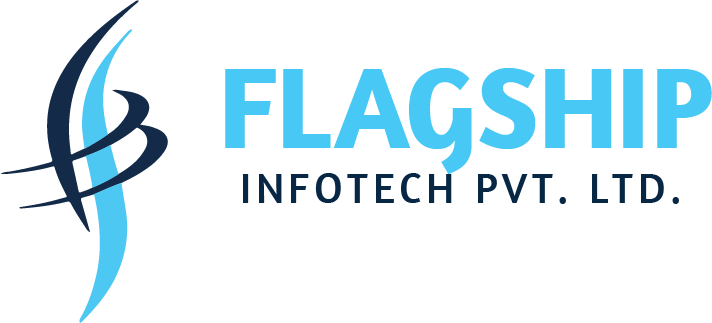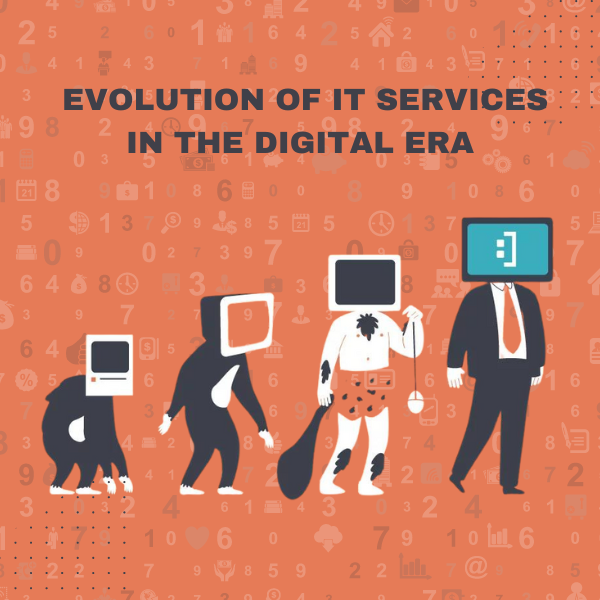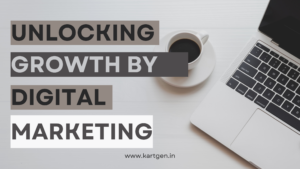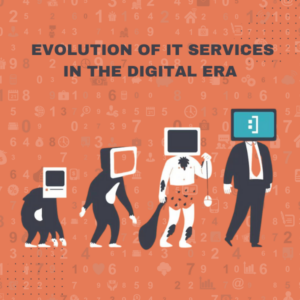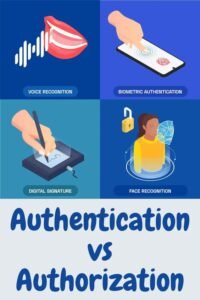Introduction:
In the ever-evolving
landscape of technology, the future of IT services is poised
for groundbreaking transformations. From the rise of
disruptive technologies to the changing dynamics of the
global business environment, this article explores the key
trends and anticipated evolution of IT services in the
coming years.
-
Emergence of Edge Computing:
As data processing requirements increase, edge computing is set to become a cornerstone of IT services. Edge computing brings data processing closer to the source, reducing latency and enhancing real-time capabilities. This shift is crucial for applications in IoT, autonomous systems, and immersive technologies. -
Accelerated Adoption of Artificial Intelligence (AI)
and Machine Learning (ML):
AI and ML are at the forefront of innovation, and their integration into IT services will continue to grow. Automation, predictive analytics, and intelligent decision-making will redefine business processes, enhancing efficiency and enabling organizations to glean actionable insights from vast datasets. -
Hybrid and Multi-Cloud Environments:
The future of IT services involves a seamless integration of on-premises, private, and public cloud solutions. Hybrid and multi-cloud environments provide flexibility, scalability, and improved resource management. This approach allows organizations to optimize their infrastructure based on specific needs and workloads. -
Enhanced Cybersecurity Measures:
With the increasing frequency and sophistication of cyber threats, cybersecurity will remain a top priority. IT services will focus on advanced threat detection, robust encryption methods, and proactive risk management to ensure the integrity and security of sensitive data. -
Blockchain Integration for Data Security and
Transparency:
Blockchain technology is anticipated to play a pivotal role in ensuring data integrity, security, and transparency. Its decentralized and tamper-proof nature makes it a valuable asset for securing transactions, verifying identities, and enhancing trust in digital interactions. -
Focus on User-Centric Experiences:
The future of IT services will prioritize user-centric design and experiences. From intuitive interfaces to personalized interactions, technology solutions will be tailored to meet the evolving expectations of end-users, fostering greater engagement and satisfaction. -
5G Technology and Connectivity:
The rollout of 5G networks will revolutionize connectivity, offering faster speeds and lower latency. IT services will leverage 5G to enable new possibilities in areas such as augmented reality, virtual reality, and the Internet of Things (IoT), paving the way for more immersive and connected experiences. -
Sustainable IT Practices:
As environmental concerns become more prominent, IT services will increasingly focus on sustainability. Green computing practices, energy-efficient data centers, and responsible disposal of electronic waste will be integral components of future IT strategies. -
Continuous Embrace of DevOps and Agile
Methodologies:
The collaboration between development and operations (DevOps) and the adoption of agile methodologies will persist. These practices enable faster development cycles, continuous integration, and iterative improvements, allowing organizations to respond swiftly to market changes and customer feedback.
Conclusion:
The future of IT services
is a landscape of innovation, where technological
advancements and strategic adaptation will shape the way
businesses operate and thrive. Navigating this future
requires a commitment to staying abreast of emerging
technologies, embracing agility, and prioritizing the
delivery of exceptional user experiences. As the digital era
unfolds, IT services will remain a cornerstone of
organizational success, driving efficiency,
innovation, and growth.
